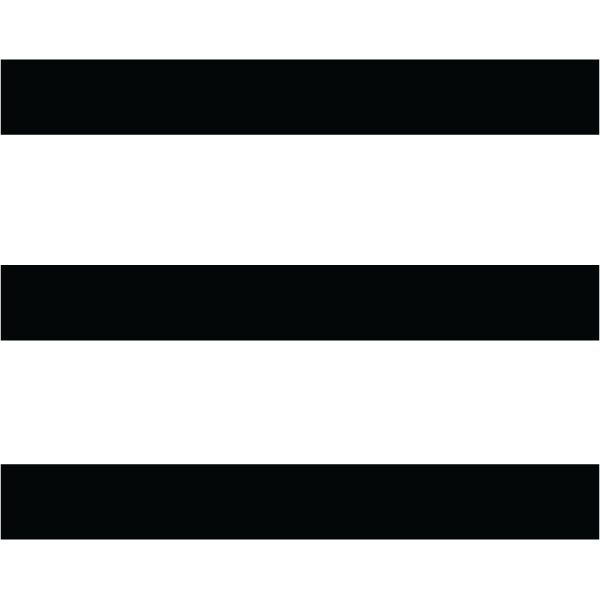Vadim Kosmatschof was born in 1938 in Kaluga, Russia. He studied at the Moscow Art School (today Moscow State Academy Art Lyceum) and subsequently at the Stroganov Moscow State University of Arts and Design, graduating in 1965.
The latter institution provided the young artist with a very special context. A few of the professors, such as Vassiliev, Korshu, and the furniture school director Bikov, had formerly studied at the legendary VKhUTEMAS “Artistic and Technological Workshops” under such avant-garde artists as Rodchenko, Vesnin, Tatlin, Gabo, Melnikov, and El Lissitzky.
Kosmatschof entered the Moscow art scene in the late 1960s with a series of pioneering works in ceramics and industrial porcelain. In this experiment with free form and technological innovations, he developed a totally new approach to the genre, postulating ceramics as an independent art form, free of any functional and illustrative contexts, and thereby playing a highly influential role in this field.
In the 1970s, Kosmatschof worked closely with some of the most progressive modernist architects, such as Abdula Achmedov and Felix Novikov, and was able to realize several large-scale sculptural projects unprecedented in their freedom and size, such as the 20-meter sculpture in front of the National Library in Ashgabat, Turkmenistan.
In 1978 he took part in the exhibition “Unofficial Soviet Art” at the Biennale di Venezia. This was followed by further invitations to exhibit and teach in the West. His applications for a temporary travel visa were rejected and he applied for emigration, which automatically meant that he was banned from his profession.
In 1979 Kosmatschof emigrated to Austria with his artist wife Elena Koneff and daughter Mascha Veech-Kosmatschof.
From 1980 to 1983, he lived and worked in Vienna, first in an atelier in the Fischapark “Art Factory”, organized by the renowned Austrian journalist Kuno Knöbl, in Weigelsdorf, Lower Austria. During this period, Kosmatschof participated in several exhibitions in Austria, Switzerland, and the USA. He also took part in the Steirischer Herbst festival, exhibiting his Black Visa series and realizing first large public sculpture, “Tree with Turbines”, contracted by Galerie H (Humanic) under the director Horst Gerhard Haberl.
In 1983 he won his first competition for the commission of a public sculpture, to be realized in Mainz, Germany. Then, in quick succession, he won several other competitions for commissions in public spaces in Germany, which necessitated a move to that country.
Between 1984 and 2010, the artist lived and worked in Germany, first in Bermersheim in Rheinland-Pfalz, and after 1993 in Wiesbaden. Parallel to his work on commissioned public art works, he also developed sculptural series, paintings and graphic series. Since 1988, he has worked on series of projects focusing on fundamental issues of the natural sciences which he relates to cosmological phenomena (TRANS_MISSION Vadim Kosmatschof – Organic Solar Sculpture published by SpringerWienNewYork on the occasion of the exhibition of his kinetic prototype “Unfolding Square” at Museum Ritter in Waldenbuch, Germany).
In January 2007, Kosmatschof travelled to Russia for the first time since 1979 at the invitation of the National Centre for Contemporary Arts to participate in the exhibition “Victory over the Sun”, and subsequently accepted an invitation of the Russian Museum in St. Petersburg to participate in the exhibition “Adventure of the Black Square”, where his project “Unfolding Square” was spatially set in dialogue with Malevich’s “Black Square”.
Vadim Kosmatschof now lives and works in Vienna and Höflein an der Hohen Wand, Austria.
Works by Vadim Kosmatschof are included in the art collections of:
Dresdner Bank in Berlin, Frankfurt/M, Frankfurt/O, Cottbus and Pirmasens, Germany; the collection at the official residence of the President of Germany, Bellevue Palace, Berlin; the collections of the Vorarlberg Museum in Bregenz, Austria, the Landesmuseum Mainz in Germany, the Landeszentralbank in Rheinland-Pfalz, Germany, the Ruedi Staechelin collection in Basel, Switzerland; the Museum Niederösterreich in Lower Austria, and the Stella Art Foundation in Moscow, as well as in numerous private art collections.
Kosmatschof's permanent public art works include:
1971
Tectile Reliefs
Three ceramic wall reliefs for the building of the Russian Blind Association, Moscow, Russia
1972–1973
Copper and Porcelain Wall Relief
Reception Hall of the Ministry of Defense, Alabino near Moscow, Russia
1974–1975
Konstrukta
National Library Ashgabat, Turkmenistan
1977
Three Water Machines
Embassy of USSR, Nouakchott, Mauritania
Untitled
Administrative Building, Zarechje by Moscow, Russia
1981
Untitled in Corten
Gallery H | Humanic Foundation, Graz, Austria
1984
Untitled in Corten
Administration building on Valenciaplatz, Mainz, Germany
Corten Head
Gutenberg University, Mainz, Germany
1985
Blitz
Conference center at DEVK headquarters, Cologne, Germany
Fountain
Residential house for disabled children, Trier, Germany
1987–1988
Klepsydra
Courthouse, Pirmasens, Germany
1987–1988
Hand
Educational Center, Münster, Germany
1988–1990
Kugelstosser
Landeszentralbank headquarters in Rheinland-Pfalz, Mainz, Germany
Rotor
Landeszentralbank headquarters in Rheinland-Pfalz, Mainz, Germany
1991–1992
Hovering Turbine
Kinetic courtyard installation for Elisabethkrankenhaus, Trier, Germany
Triangle
Sculpture for the International Casino, Mainz, Germany
Ring
Sculpture for the International Casino, Mainz, Germany
Wall Relief
Sculpture for the International Casino, Mainz, Germany
1994
Diagonal
Sculpture for Euromedzentrum, Nuremberg, Germany
Triangle
Sculpture for Euromedzentrum, Nuremberg, Germany
1998
Quartett
Four Sculptures inside the Hyatt Hotel, Mainz, Germany
2001
Window
Kinetic sculpture with four balancing glass elements, Traun, Austria
2002
Raummodulator
Kinetic sculpture for the atrium of the Investment and Economic Development Bank, Mainz, Germany
2011–2018 (ongoing)
Heliograph Series
Kinetic sculptures, Sculpture Park in West Stockbridge, Massachusetts, USA; private collection in Wolfsberg, Austria; open air sculptures outside the artist’s studio





